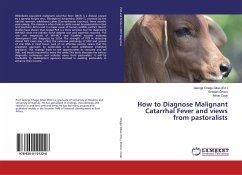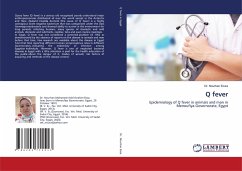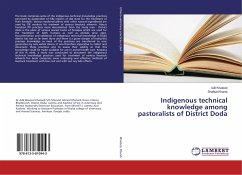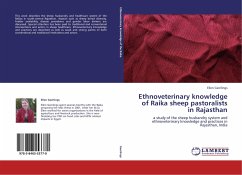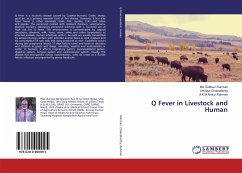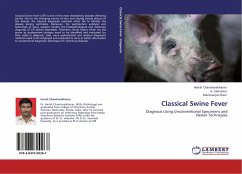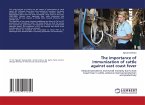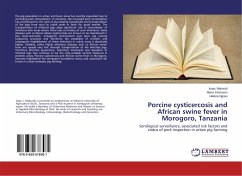Wildebeest-associated malignant catarrhal fever [MCF] is a disease caused by a gamma herpes virus, Alcelaphine herpesvirus [AlHV-1], excreted by the natural reservoir, wildebeest calves [Connochaetes taurinus], three months post-calving. The disease is often fatal in cattle reared by pastoralists in East and Southern Africa and is a major cause of human wildlife conflict. Recent studies have shown that nested PCR is a more sensitive tool for diagnosing WA-MCF than the indirect ELISA despite cost and expertise required. The rate and magnitude of WA-MCF case fatalities exceeds antibody development and diagnosis by ELISA. The strength of PCR in detecting clinical MCF cases may reflect the extensive pathology of MCF and spread of viral DNA in most tissue. Lack of an effective vaccine means that the pragmatic approach by pastoralists is to avoid wildebeest inhabited grassland. This strategy leads to lost opportunities to consume and sell milk, and inputs required to move the cattle.This book discusses the various diagnostic techniques and includes views from pastoralists. it will be invaluable to development agencies involved in assisting pastoralists to enhance their income.
Bitte wählen Sie Ihr Anliegen aus.
Rechnungen
Retourenschein anfordern
Bestellstatus
Storno

